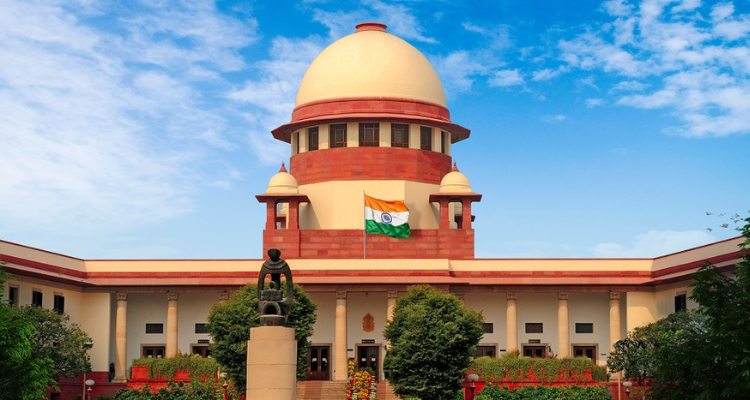
The Supreme Court declined an interim order on Friday regarding a plea by NGO Association for Democratic Reforms (ADR). The plea sought directions to the Election Commission of India (ECI) to reveal final authenticated data of voter turnout in all polling stations, including the number of votes polled in the Lok Sabha Elections 2024 within 48 hours of polling.
Justices Dipankar Datta and Satish Chandra Sharma of the Vacation Bench informed the petitioner that the interim prayer mirrored a request made in a main petition pending since 2019. They highlighted the similarities between the 2019 plea’s Prayer B and the 2024 interim application’s Prayer A. The Court noted precedents barring such disclosures, except in exceptional cases, and questioned why the application wasn’t filed earlier.
Senior Advocate Dushyant Dave, representing ADR, explained that the application was delayed pending disclosures by the ECI. Despite this, the Court refused to grant interim relief, stating that the prayers were essentially the same. It directed to list the interim plea after the vacation period, clarifying that its current stance was only a preliminary view, without expressing any opinion on the merits.
The Bench considered an application from the NGO Association for Democratic Reforms (ADR), requesting disclosure of final authenticated data regarding voter turnout and votes polled in the Lok Sabha Elections 2024 within 48 hours of polling.
The Election Commission of India (ECI) informed the Supreme Court that there’s no legal obligation to publish such data promptly, as it might cause confusion, particularly with postal ballot counts included.
ADR’s application stemmed from concerns over discrepancies in voter turnout figures announced by the ECI for the initial phases of the elections. The plea emphasized the need for transparency and timely disclosure to address doubts among voters and political parties.
ADR sought directives for the ECI to upload clear copies of Form 17C Part-I (Votes Recorded) on its website after each polling phase, providing constituency and polling station-wise turnout figures in both absolute numbers and percentages. Additionally, ADR requested disclosure of Part-II of Form 17C, containing candidate-wise counting results.
The ECI responded, accusing ADR of making baseless allegations to discredit its functioning, stating that no legal entitlement exists for such demands, especially during ongoing elections.
During the hearing, Senior Advocate Maninder Singh argued that ADR’s plea relied solely on suspicion and apprehension, which the court had previously deemed insufficient grounds. Singh contended that ADR’s continuous petitions aimed to erode the ECI’s credibility, potentially affecting voter turnout.
Singh highlighted the Supreme Court’s earlier skepticism regarding ADR’s motives and questioned the necessity of addressing the organization’s repeated apprehensions.




